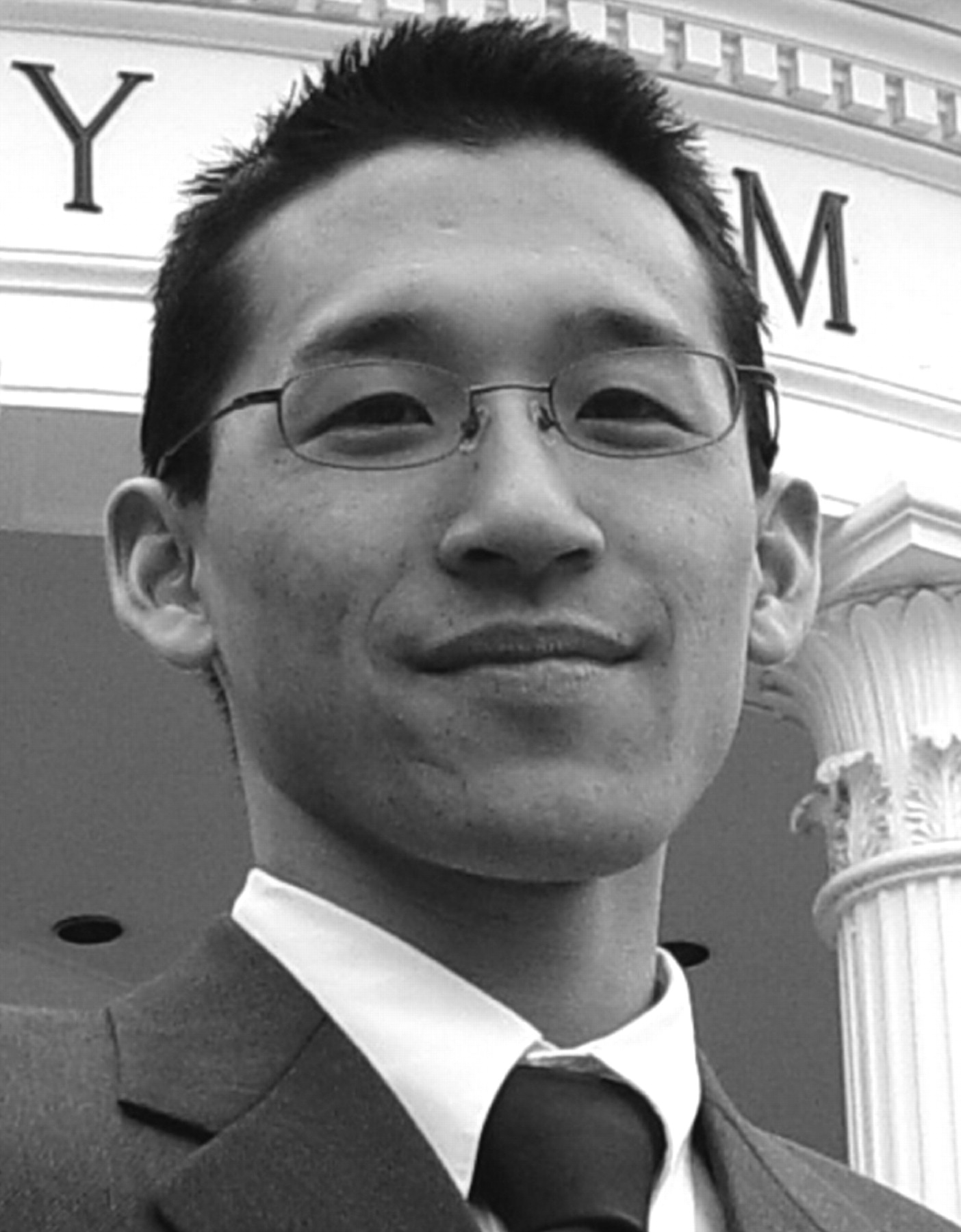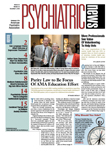Member-in-Training
Philosophical Drive: Psychiatry is about more than just the science and the patient; it is also about society and ethics, resources and business, policy and politics. The future of psychiatry is exciting but uncertain, and our generation of psychiatrists will practice in a time of revolutionary change.
The philosophy that has guided my engagement in health politics and organized medicine is a strong social conscience and the belief in a physician's duty to fulfill a public role. As your APA MIT trustee, I seek to serve on the behalf of residents by engaging nationally in health care reform and mental health advocacy, protecting and promoting research and education funding, and addressing the practical and ethical challenges at the interface of policy and mental health care.
Grassroots Reform: America's health care system is costly, inefficient, and unequal. When this reality struck me early in my medical training, I grew committed to advocacy for the uninsured and health care reform. Beginning with grassroots activism and eventually working with legislative staff, we ultimately introduced a bill for health care reform into the New York State legislature.
With hope, health care reform will be the legacy of our generation. One of my goals is to promote the development of APA principles and recommendations to ensure that when we reach the tipping point for true reform, our profession will have strong representation and our patients will have mental health parity and affordable access to services. Likewise, our work is never-ending in combating the stigma of mental illness. We should continue to build on the success of APA awareness campaigns such as “Healthy Minds. Healthy Lives.”
National Leadership: As a former national chair for the Association of American Medical Colleges (AAMC), I have leadership experience with organized medicine and the analysis of issues including the U.S. physician workforce shortage, medical licensure and accreditation, conflicts of interest with industry, and diversity in medicine.
An area that remains of acute concern is the pharmaceutical industry's subsidization of “educational” activities. As a member of the AAMC's Task Force on Industry Funding of Medical Education, I can attest to the intensely polarizing nature of this issue. Rectifying this problem will be difficult but necessary for our patients' best interest and our profession's integrity and accountability. In APA's ongoing efforts, we must develop sensible guidelines for industry interactions and CME, while working to increase federal funding for education and research.
Education and Ethics in Psychiatry: In the midst of pioneering science and advancing technologies, psychiatry education must continually evolve. APA may soon need to address ethical questions surrounding the clinical use of neurotechnology, such as diagnostic functional imaging and invasive procedures as treatment for mental illness.
As part of the residency curriculum committee at UCLA, we are attempting to apply information technology in ways that will streamline the core curriculum and facilitate flexibility in subject matter and methods. I propose an APA education initiative that would identify and disseminate best practices in psychiatry education, address ethical concerns with neurotechnology, and develop methods for effective education of DSM-V.
I will follow the ideals above and use my practical experience to serve our best interests as psychiatry residents, to combat the health care inequality that jeopardizes the welfare of our patients, and to prepare our organization for the challenges ahead.
Primary Professional Activities and Sources of Income
Professional Activities
100%—Psychiatry Resident, PGY-2, at the University of California at Los Angeles, Semel Institute for Neuroscience and Human Behavior
Income
100%—University of California at Los Angeles, Semel Institute for Neuroscience and Human Behavior

